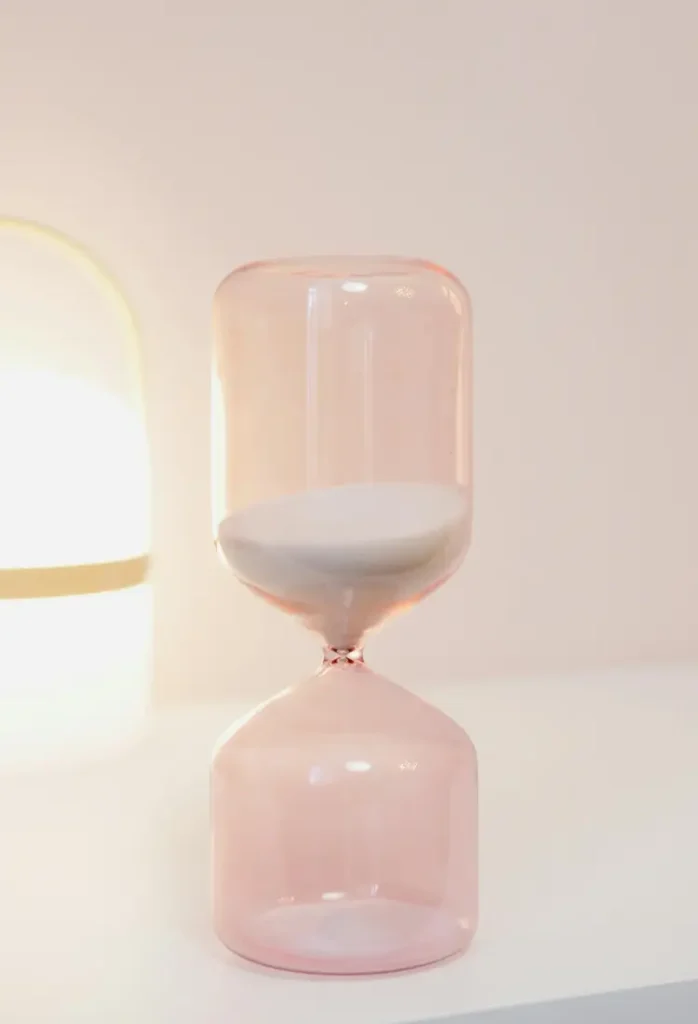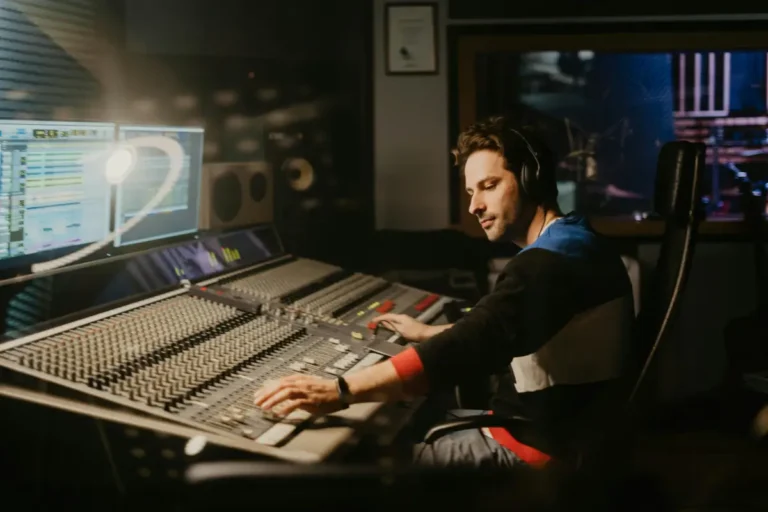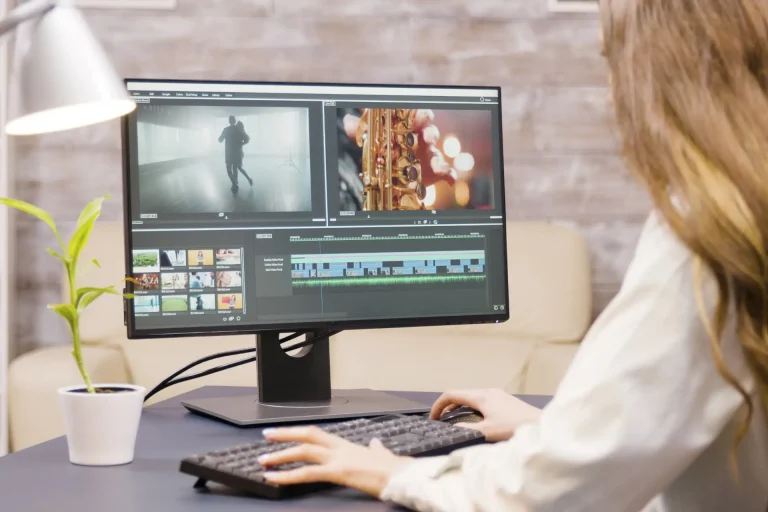Procrastination means delaying tasks that need to be done. Sometimes, we all feel lazy or unsure about starting something important.
But if we keep putting things off, it can cause stress, missed deadlines, and poor results.
Here are 20 smart ways to stop procrastinating and take action.

1. Break Tasks into Smaller Steps
Big tasks can feel overwhelming. To make them easier, break them into smaller, simple steps. For example, instead of thinking, “I have to write a full report,” think, “First, I will make an outline.” Each small step feels more doable.
- Identify the main goal and divide it into smaller tasks.
- Focus on completing one small step at a time to avoid feeling overwhelmed.
2. Set Clear Goals
Be clear about what you want to achieve. Instead of saying, “I will study today,” say, “I will study math for 30 minutes.” Clear goals help you know exactly what to do and when you’re done.
- Use specific, measurable goals instead of vague ones.
- Write down your goals to remind yourself of what you need to achieve.

3. Use a To-Do List
Write down the tasks you need to do. Checking off completed tasks gives you a feeling of success. It also keeps you organized and on track.
- List all the tasks you need to complete in one place.
- Check off tasks as you finish them to see your progress.
4. Prioritize Tasks
Not all tasks are equally important. Do the most important ones first. If you have homework due tomorrow and a project due next week, start with the homework.
- Identify which tasks are most urgent and important.
- Do the most important tasks first to avoid last-minute stress.
5. Set Deadlines
Even if you don’t have a deadline, set one for yourself. This will give you a sense of urgency. For example, tell yourself, “I will finish cleaning my room by 5:00 PM.”
- Create deadlines for each task, even if none exist.
- Stick to your deadlines and adjust them if needed to stay on track.

6. Use the 2-Minute Rule
If a task takes less than 2 minutes, do it right away. Small tasks like replying to an email or putting away clothes are easy to finish quickly.
- If a task takes less than 2 minutes, do it immediately.
- Don’t delay small, quick tasks like sending emails or cleaning up.
7. Remove Distractions
Distractions like TV, social media, or video games can steal your time. Find a quiet space and turn off notifications on your phone or computer while you work.
- Turn off notifications on your phone or computer.
- Work in a quiet, clutter-free environment.
8. Avoid Perfectionism
Waiting for the “perfect moment” to start can cause delays. Remember, it’s better to finish something imperfectly than to not start at all. You can always improve it later.
- Start the task, even if it won’t be perfect.
- Remember that finishing is more important than being perfect.

9. Use a Timer
Set a timer for a specific amount of time (like 25 minutes) and focus on one task. This technique is called the Pomodoro Technique. After the timer ends, take a short break, then start another session.
- Set a timer for 25 minutes and work without stopping (Pomodoro Technique).
- Take a 5-minute break after each 25-minute session.
10. Start with the Hardest Task
Do the hardest task first when you have the most energy. This is called “eating the frog.” Once you finish the hardest part, everything else feels easier.
- Do the hardest, most important task first (“eat the frog”).
- Once you complete it, everything else will seem easier.
11. Reward Yourself
When you complete a task, give yourself a small reward, like a snack, watching a show, or taking a break. Rewards motivate you to keep going.
- Promise yourself a reward after finishing a task (like a treat or a break).
- Use small rewards to stay motivated.

12. Find an Accountability Partner
Tell a friend, teacher, or family member about your goal. They can check in with you to make sure you’re making progress. Knowing someone is watching helps you stay on track.
- Share your goals with a friend, teacher, or parent.
- Ask them to check in on your progress regularly.
13. Visualize Success
Imagine how good it will feel to complete your task. For example, if you finish your project early, you’ll have more free time to relax later. Positive thinking can push you to take action.
- Picture how good it will feel to finish your task.
- Think about the benefits of completing the task, like more free time.
14. Don’t Overplan
Planning is helpful, but planning too much can become a way to procrastinate. Plan just enough to start, and adjust as you go. Action is more important than a “perfect plan.”
- Plan only as much as you need to start the task.
- Avoid “overthinking” and get started as soon as possible.

15. Track Your Progress
Keep track of what you’ve done. Seeing your progress motivates you to keep going. You can write it in a journal, mark it on a calendar, or use an app.
- Keep a journal, app, or calendar to track completed tasks.
- Celebrate progress to stay motivated.
16. Change Your Environment
Sometimes, a change in location can boost your focus. If your room is too noisy, try working in a library or a different room in your house.
- Move to a new spot if you’re feeling stuck or distracted.
- Choose a clean, quiet place that helps you focus.
17. Limit Social Media Use
Social media is one of the biggest time-wasters. Use apps or timers that block social media during work hours. This way, you won’t be tempted to scroll.
- Use apps that block social media during work sessions.
- Set specific “social media time” so it doesn’t interrupt your tasks.
18. Focus on One Task at a Time
Multitasking seems smart, but it slows you down. It’s better to focus on one task, finish it, and then move on to the next.
- Stop multitasking, as it reduces efficiency.
- Complete one task before moving to the next.
19. Don’t Be Too Hard on Yourself
If you mess up or procrastinate, don’t give up. Forgive yourself and try again. Progress is better than perfection.
- Forgive yourself if you procrastinate or make a mistake.
- Focus on progress, not perfection, and try again.

20. Take Care of Your Health
Eat healthy, get enough sleep, and exercise. A healthy mind and body help you stay focused and avoid procrastination. If you’re tired, it’s much harder to work.
- Get enough sleep, exercise, and eat healthy meals.
- Take short breaks to stay fresh and avoid burnout.
Also See: Can Video Editing Be Self-Taught?
Final Thoughts
Procrastination is a habit, and like any habit, it can be changed. Start small by using one or two of these strategies.
As you see progress, you’ll feel more motivated to keep going.
Take action today—your future self will thank you.






